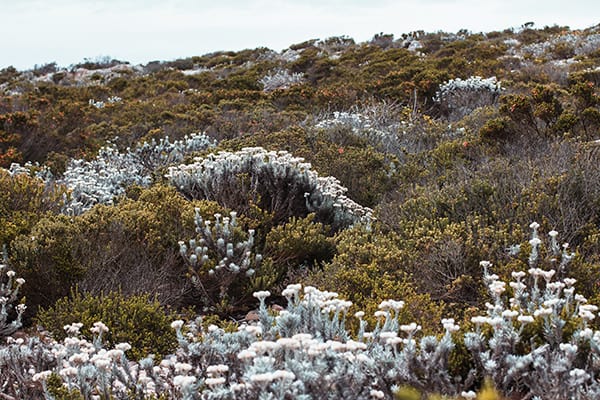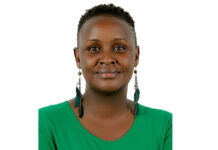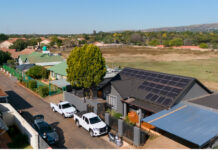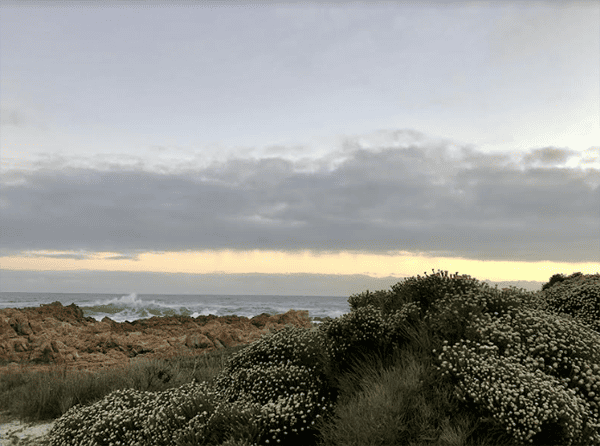With environmental impact assessment (EIA) regulations and protocols becoming increasingly prescriptive in terms of biodiversity protection, project developers are needing highly specialised scientific input to develop accurate proposals.

Rob Gardiner, partner and principal environmental scientist at SRK Consulting.
“The transformation of land that occurs when projects are developed on greenfield sites invariably means the loss of natural vegetation,” said Rob Gardiner, partner and principal environmental scientist at SRK Consulting. “As biodiversity becomes a greater focus, we have seen regulated requirements getting more complex and demanding.”
Gardiner explained that there is particular concern from the regulator when the natural vegetation in question is located in a Critical Biodiversity Area (CBA). This has also raised the demand for specialists with both ecological and botanical expertise to accurately describe the prevailing conditions, and to recommend what actions must follow.

Consulting.
“The EIA protocols are compulsory and cover a number of themes including terrestrial (land-based) biodiversity or ecology, fauna and flora,” said Clayton Weatherall-Thomas, a plant ecologist at SRK Consulting. “If an EIA report does not meet the exacting demands of these protocols, it can be rejected by the regulator; it is therefore important that the environmental assessment practitioner (EAP) and the investigating specialist are very familiar with what is required.”
Expertise
The report must be very clear on exactly what the impact of the development will be on any sensitive features of the area. The screening tool may also require that the EIA considers specific species, in which case the EAP may have to involve a dedicated specialist who has sufficient prior knowledge. In terms of the 2020 protocols, the specialist also has to be registered with the South African Council for Natural Scientific Professions (SACNASP).
“The assessment of biodiversity has become more detailed,” said Weatherall-Thomas. “You can’t just claim to be an expert in everything – the authorities will just not accept that. It also means that scientists must spend considerable time on site to gather data, by conducting a population census of the various species of plants and animal, he notes.
Weatherall-Thomas further notes that specialists must be able to identify the threatened species, understand the ecological requirements for its continuing persistence on the site, and determine the relevant mitigation measures that will allow the development to proceed without residual impacts on the species.
Due diligence
This volume of work on biodiversity inevitably raises the cost of EIAs, which can impact especially on smaller projects by less well-resourced companies or even farmers. The strict protocols can also mean that certain land is deemed unavailable for development; the specified buffer areas around a rare plant species, for example, may leave insufficient space for a commercially viable application.
“It is therefore increasingly important for buyers to conduct thorough environmental due diligence studies before land is purchased for development, which saves them time and money,” said Gardiner. “For consulting engineers, we need that expertise in-house or as part of our network of contracted specialists, who can competently answer the critical questions on those species and ecosystems.”
In terms of South Africa’s regulatory landscape, CBAs are irreplaceable areas where there are threatened species or ecosystems that need to be kept in their natural or ‘near natural’ state. A related category is that of Ecological Support Areas, which are supporting zones whose ecological value lies in helping to prevent degradation of CBAs and formal Protected Areas.

CBA zoning
Weatherall-Thomas highlighted that South Africa is a signatory to a range of international biodiversity protocols that bind government to certain conservation targets. This means that CBAs should be taken into consideration as seriously as any zoning regulations.
“It also deserves re-emphasising that any vegetation that has not been disturbed for more than 10 years is considered indigenous – and therefore triggers an EIA,” he explained. “If an area is over 300 square metres then a CBA is likely to require a terrestrial biodiversity assessment.”
He noted that enforcement might vary between provinces, but there is a strong focus in provinces like the Eastern Cape and Western Cape – and parts of KwaZulu-Natal and the Northern Cape – where biodiversity levels are particularly high. While it is mainly national and provincial departments that implement these regulations, CBAs have also been incorporated into Spatial Development Frameworks for municipalities – who also have an important role to play in preserving biodiversity.
Field work
The current scale at which CBAs are mapped may still be fairly coarse in some regions of SA, so he stressed that desktop studies were insufficient to determine whether projects could be considered in these areas.
“In our experience, on-site field work is necessary to identify exactly where threatened or endangered species are to be found within a CBA,” he said. “CBAs often include areas that are less sensitive, and where development could be possible – but it does require detailed on-the-ground studies by a qualified person to establish this.”
It is also valuable for the specialist to have experience as an EAP, he said, as they then understand what the project EAP requires and what management recommendations can be reasonably implemented.
Gardiner added that, in addition to EIAs with their demanding biodiversity elements, SRK Consulting has also applied its ecological and botanical skill set to efforts to control alien plants. The company has been involved in alien invasive management plans around the country, helping to create conducive conditions for optimising biodiversity.
About SRK
SRK is an independent, global network of over 45 consulting practices on six continents. Its experienced engineers and scientists work with clients in multi-disciplinary teams to deliver integrated, sustainable technical solutions across a range of sectors – mining, water, environment, infrastructure and energy. For more information, visit www.srk.co.za















